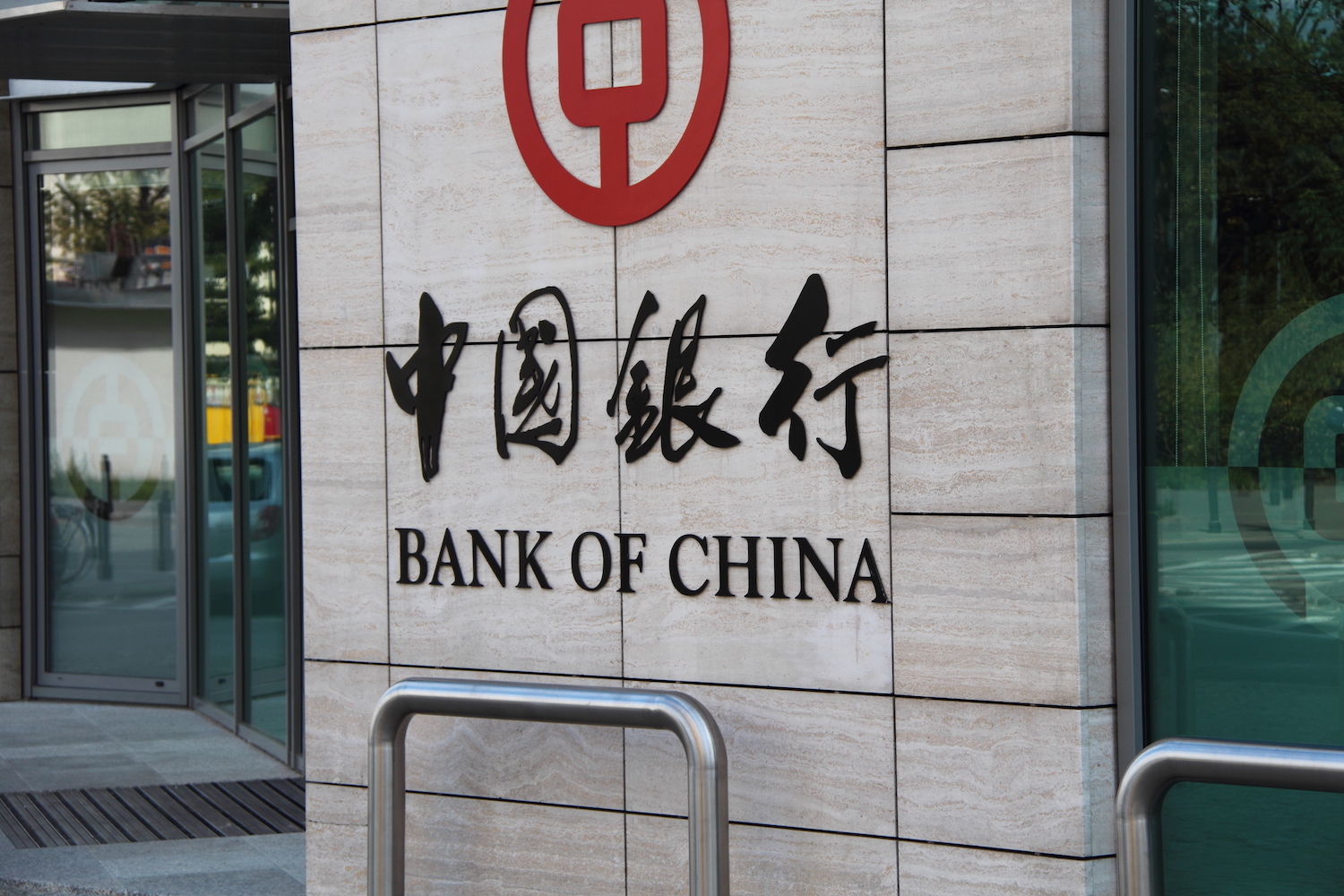U.S. Election Betting: Court Clears Kalshi Congressional Contracts
With a month to go before the U.S. election, prediction market Kalshi just got cleared to resume listing its contracts on which party will control each house of Congress.
On Tuesday, the U.S. Court of Appeals for the District of Columbia denied a motion by the Commodity Futures Trading Commission to halt the contracts pending the agency’s appeal of the case it lost to Kalshi in a lower court last month.
“The Commission has failed to demonstrate that it or the public will suffer irreparable injury absent a stay pending appeal, and therefore its motion for a stay is denied without prejudice to renewal should substantiating evidence arise,” wrote Circuit Judge Patricia Millett. “The administrative stay is hereby dissolved.”
Following its long-sought victory in the lower court, Kalshi listed the contracts on Sept. 13. They traded for only a few hours before the appeals court granted an administrative stay, which it lifted Tuesday.
Kalshi, the sole U.S.-regulated prediction market, sued the CFTC last year after the agency denied its application to list election contracts, on the grounds that they constituted gaming and would be contrary to the public interest.
“While the question on the merits is close and difficult, the Commission cannot obtain a stay at this time because it has not demonstrated that it or the public will be irreparably harmed while its appeal is heard,” Judge Millett wrote. “That failure is fatal to the Commission’s stay request because a showing of irreparable harm is a necessary prerequisite for a stay.”
While it’s been fighting the agency in court, the New York-based company, which settles bets in dollars, has watched crypto-powered rival Polymarket, which is barred from doing business in the U.S., nevertheless rack up record volumes during this election year. Over $1 billion alone has been staked on Polymarket’s contract on who will win the presidency.
A Kalshi spokesperson told CoinDesk the company did not yet have a timetable for resuming listing the contracts, but that it would “very soon.”
The CFTC has separately been considering, but has yet to finalize, a proposed rule that would ban election betting at all the futures exchanges on its watch. In her order Tuesday, Judge Millett suggested that rulemaking was the one way the agency could stop election betting at federally regulated futures exchanges.
“[I]f the Commission felt the risks of election contracts were as concrete and pressing as it argues here, it has long had—and still has—the power to forbid them on the exchanges it regulates,” she wrote. “Specifically, the Special Rule [in the Commodity Exchange Act] empowers the Commission to find through a formal rule or notice-and-comment rulemaking that certain types of event contracts—such as election contracts—are ‘contrary to the public interest’ and to forbid them.”
In its arguments before the court, the CFTC argued election contracts would incentivize the spreading of misinformation, and cited as evidence of the risks an apparently fake poll from 2017 that showed the rapper Kid Rock leading Sen. Debbie Stabenow in the 2018 Michigan Senate seat race. (He didn’t run, and she won reelection.)
“Yet in the seven years since the fake Kid Rock poll was used, the Commission has not invoked the very tool Congress gave it to head off such harms,” Judge Millett wrote Tuesday.
UPDATE (Oct. 2, 2024, 15:10 UTC): Adds quotes from judge’s order.
Edited by Nikhilesh De.
Disclosure
Please note that our
privacy policy,
terms of use,
cookies,
and
do not sell my personal information
has been updated
.
CoinDesk is an
award-winning
media outlet that covers the cryptocurrency industry. Its journalists abide by a
strict set of editorial policies.
In November 2023
, CoinDesk was acquired
by the Bullish group, owner of
Bullish,
a regulated, digital assets exchange. The Bullish group is majority-owned by
Block.one; both companies have
interests
in a variety of blockchain and digital asset businesses and significant holdings of digital assets, including bitcoin.
CoinDesk operates as an independent subsidiary with an editorial committee to protect journalistic independence. CoinDesk employees, including journalists, may receive options in the Bullish group as part of their compensation.
:format(jpg)/s3.amazonaws.com/arc-authors/coindesk/d1d917b0-ea51-4a6f-9c33-dec206570812.png)
Marc Hochstein is CoinDesk’s Deputy Editor-in-Chief for Features, Opinion, Ethics and Standards. He holds BTC above CoinDesk’s disclosure threshold of $1K and de minimis amounts of other digital assets (details in bio).
Follow @MarcHochstein on Twitter









